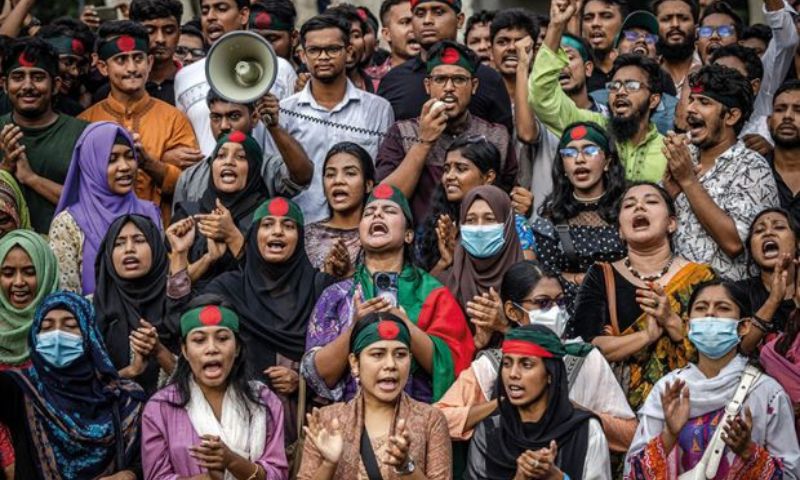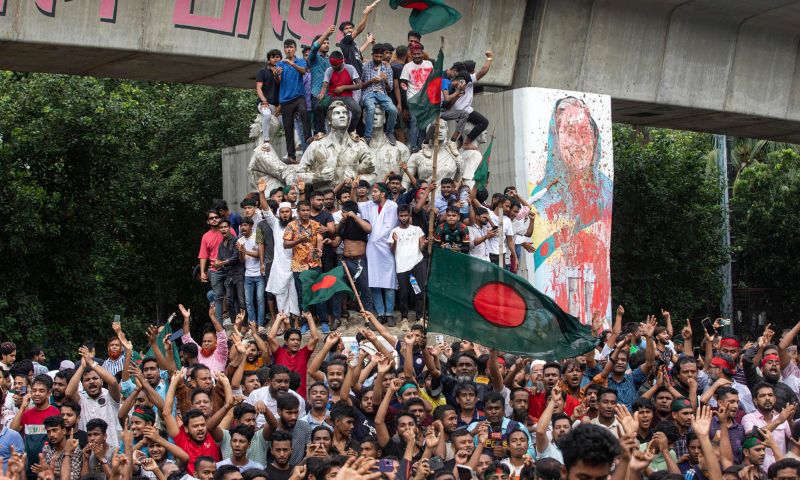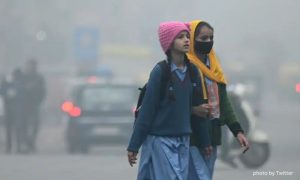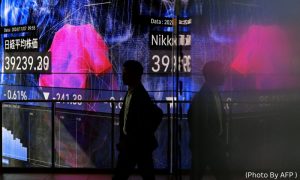DHAKA: A commission investigating enforced disappearances in Bangladesh has revealed that around 200 citizens, abducted by security forces during the regime of former Prime Minister Sheikh Hasina, are still missing.
Hasina, 77, fled Bangladesh in August by helicopter, seeking refuge in neighbouring India as a student-led uprising escalated into mass protests in Dhaka, leading to the abrupt end of her authoritarian rule.
Hasina’s government had faced widespread accusations of human rights violations, including the extrajudicial killings of political opponents and the illegal abduction and disappearance of hundreds of people.
The commission, set up by the interim government currently in power, reported on Tuesday that while five people had been freed from secret detention facilities after Hasina’s ousting, many others are still missing.
“We have no trace of at least 200 people. Our efforts to locate them continue,” said commission member Noor Khan.
The commission’s investigation uncovered at least eight secret detention centres around Dhaka, some with cramped cells as small as three by four feet (90 by 120 centimetres).
According to the commission, many of the cells bore marks indicating that detainees had kept track of their time in captivity, tallying the days of their detention.
One of the commissioners also noted that efforts had been made by unnamed law enforcement agencies to erase evidence of these detention sites after Hasina’s downfall.
The majority of the disappearances were attributed to the Rapid Action Battalion (RAB), an elite police unit that has faced numerous allegations of human rights abuses.
In 2021, the United States imposed sanctions on the RAB and seven of its senior officers in response to reports of their involvement in serious rights violations during Hasina’s tenure.
Moyeenul Islam Chowdhury, chair of the commission, highlighted that institutional failures within the government and judiciary under Hasina had allowed a climate of impunity to persist.

“They used the law enforcement agencies not for public service, but for their personal and political gains,” he stated.
The commission was established by Bangladesh’s interim government, led by Nobel Peace Prize laureate Muhammad Yunus, as part of a broader effort to implement democratic reforms.
Yunus has previously described inheriting a “completely broken” public administration system, emphasizing the need for systemic reforms to prevent the return of autocratic rule.
























